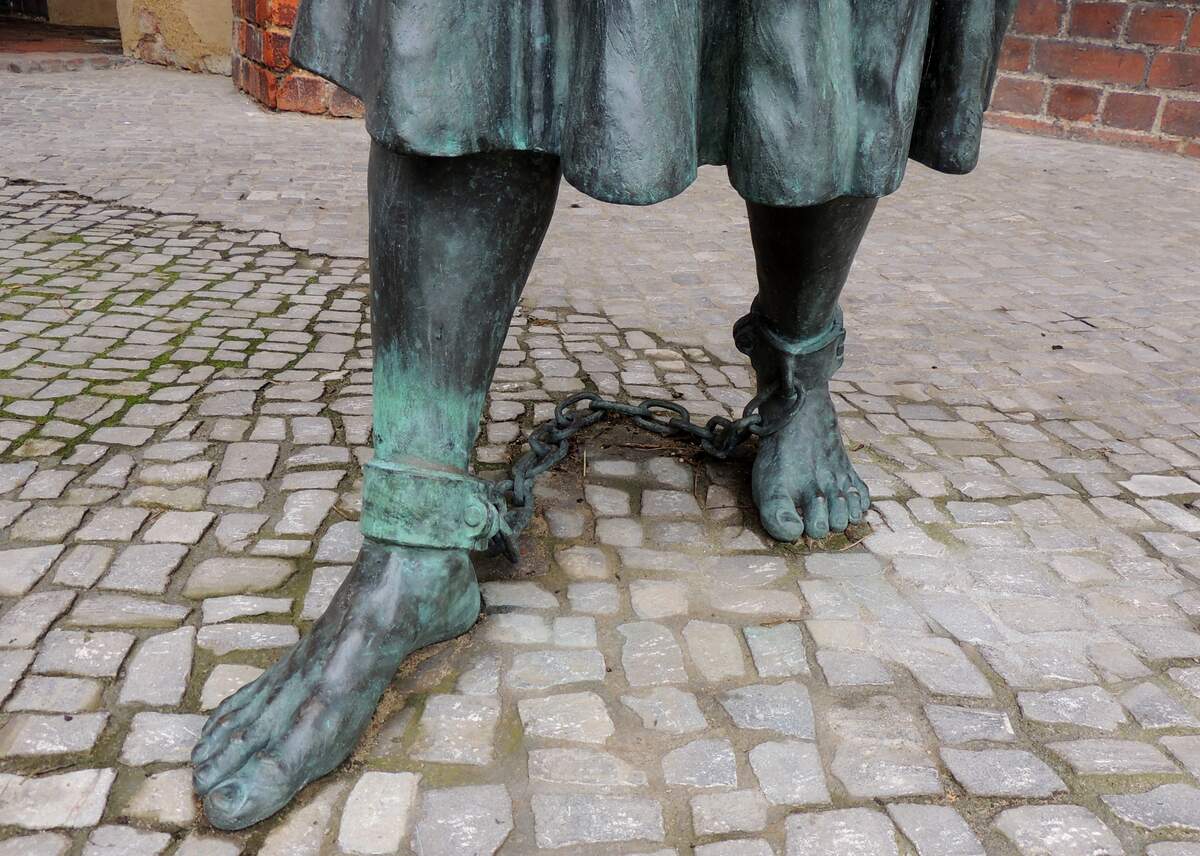

William Wilberforce Day
Today we celebrate British abolitionist William Wilberforce, on the anniversary of his birth. An official holiday to celebrate his life and legacy was started by Wilberforce University in Wilberforce, Ohio, and an event at the University is attended by thousands each year. Born in 1759 in the British city of Hull, in the county of East Riding of Yorkshire, Wilberforce entered the House of Commons at the age of 21, where he served for 45 years.
His conversion to evangelical Christianity in 1784-85 helped inform his abolitionist views. Wilberforce was known for using his debate and oration skills to take on slavery. He first worked to help end Britain's slave trade and then focused on emancipation. He helped form the Society for Effecting the Abolition of the Slave Trade—commonly known as the Anti-Slavery Society—in 1787. He became part of and led a Christian missionary and abolitionist group that was first known as the Saint, but then became known as the Clapham Sect.
In 1789, Wilberforce introduced 12 resolutions against the slave trade, none of which were successful. He put another motion forward in 1791, which again did not succeed. He did the same in 1792, but another measure—a compromise measure that allowed the gradual abolition of the slave trade—passed instead. Finally, legislation he sponsored ended the slave trade in 1807. However, it did not free those who were already enslaved.
Starting in 1821, Wilberforce and Sir Thomas Fowell Buxton fought for the immediate emancipation of all slaves. In 1823, Wilberforce helped form the Society for the Mitigation and Gradual Abolition of Slavery Throughout the British Dominions—which again was known as the Anti-Slavery Society—and became its vice president. He retired from the House of Commons in 1825. On July 26, 1833, three days before his death, the Slavery Abolition Act was passed, which outlawed slavery in the British Empire over a period of time. Wilberforce's legacy went beyond the issue of slavery; he was also known for either founding, funding, or leading more than sixty organizations to help better society. Some examples are organizations that dealt with child labor and supported education for the deaf. Many of the organizations still exist, but today we most remember Wilberforce for his efforts to eradicate slavery in his homeland.
How to Observe William Wilberforce Day
Celebrate the day by attending the William Wilberforce Day event at Wilberforce University. The day could be spent reading a book about William Wilberforce or watching The Better Hour: The Legacy of William Wilberforce. You could also visit Wilberforce's grave in Westminster Abbey.





















